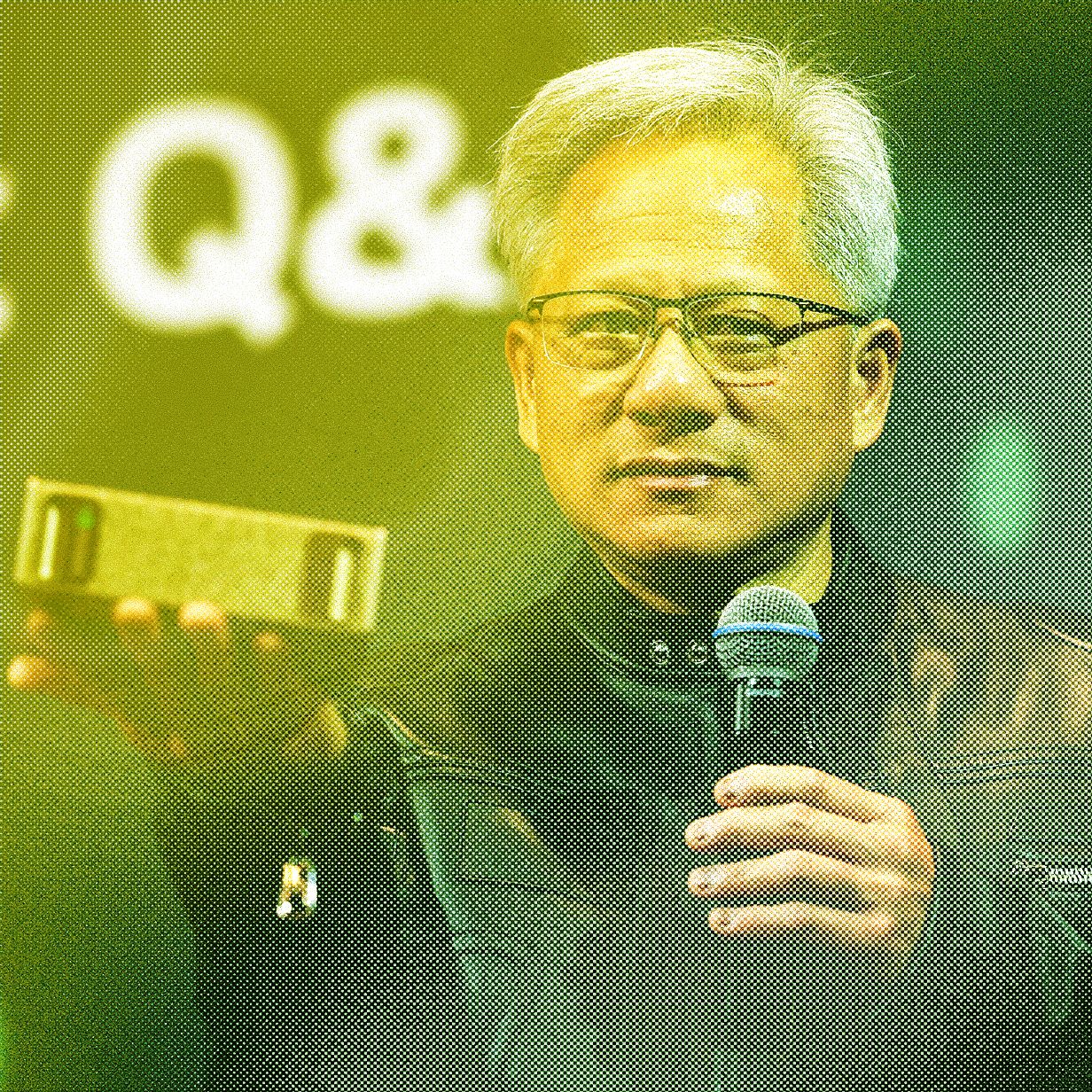WIRED Roundup: Why GPT-5 Flopped
WIRED Roundup: Why GPT-5 Flopped
Recently, the highly anticipated release of GPT-5, the latest iteration of OpenAI’s Generative Pre-trained Transformer model, has been met with…

WIRED Roundup: Why GPT-5 Flopped
Recently, the highly anticipated release of GPT-5, the latest iteration of OpenAI’s Generative Pre-trained Transformer model, has been met with disappointment and criticism from the AI community.
One of the main reasons cited for GPT-5’s flop is its failure to significantly improve upon the capabilities of its predecessor, GPT-4. Many were expecting breakthrough advancements in natural language processing and understanding, but GPT-5 fell short of expectations.
Additionally, issues with bias and ethical concerns have plagued GPT-5, with reports of the model producing discriminatory and offensive language. This has raised questions about the responsibility of AI developers in ensuring their models are free from harmful biases.
The lackluster performance of GPT-5 has led to a loss of trust in OpenAI’s ability to deliver cutting-edge AI technologies. Many in the industry are now questioning the direction of AI research and the potential limitations of increasingly complex models.
Despite these setbacks, some are hopeful that lessons learned from the failure of GPT-5 will lead to improvements in future AI development. Transparency, accountability, and ethical considerations are now being prioritized more than ever in the field of artificial intelligence.
In conclusion, the underwhelming debut of GPT-5 serves as a cautionary tale for the AI community, highlighting the importance of thorough testing, unbiased data, and responsible development practices in creating successful AI models.
For more insights and analysis on the rise and fall of GPT-5, stay tuned for future updates from WIRED.




